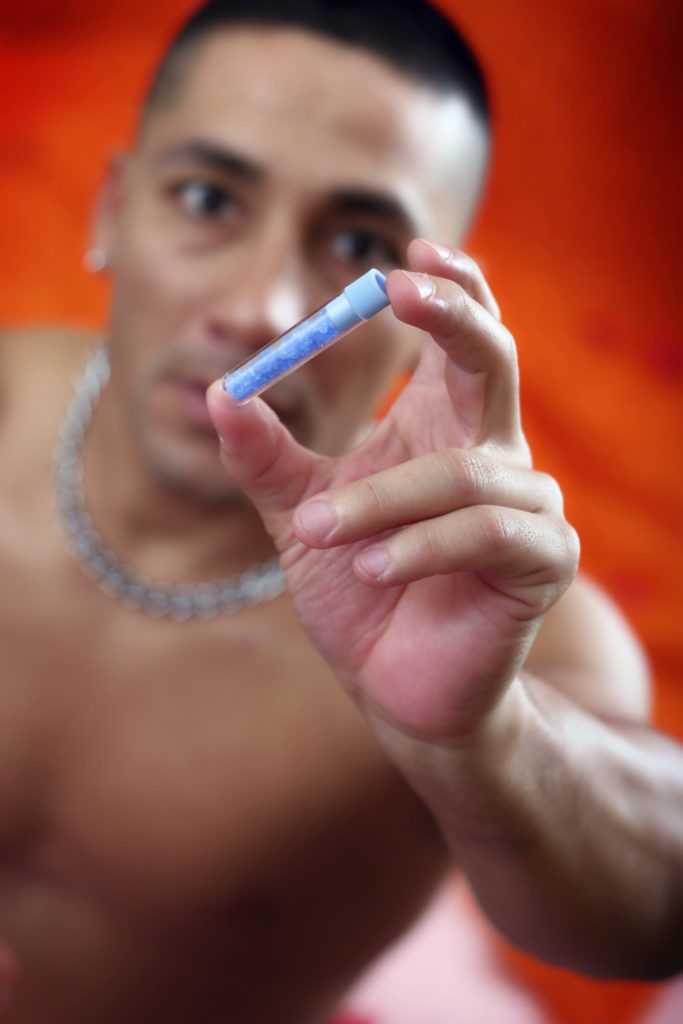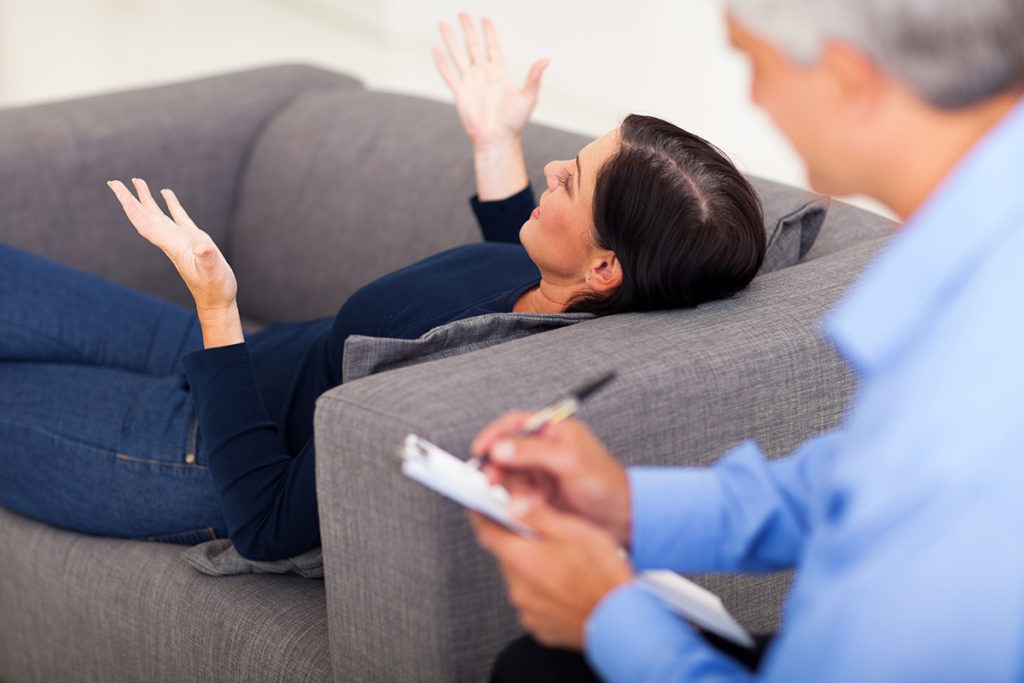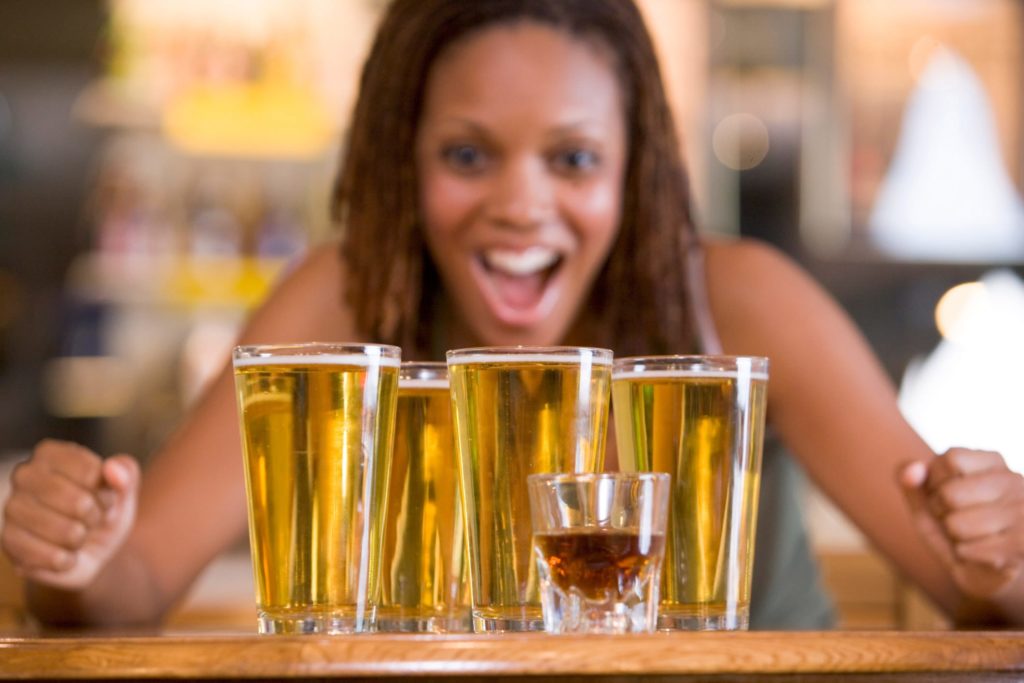It’s human nature to speak without thinking sometimes. On occasion, you may buy things on the spur of the moment. These behaviors are examples of impulsivity—acting without forethought. To some degree, impulsive behaviors are common. However, impulsivity can be seen in certain conditions like substance use disorders. Individuals living with alcoholism or drug addiction may frequently exhibit impulsivity. These individuals continue abusing drugs and alcohol with no regard for the consequences, but doing away with substances and impulsive, harmful behaviors on your own can be tricky. At The Right Step, our clinicians and therapists provide clinical treatment and holistic therapy. We help clients safely abandon the impulses listed below and live comfortably in addiction recovery.
#1: Substance Use
Drugs and alcohol are chemicals that can alter the brain. Using them causes people to act on powerful urges without control. These substances are highly addictive. This is why a one-time drug experiment often becomes a full-blown dependency and chronic addiction. Many impulsive behaviors typically start as forms of treating oneself. When drinking alcohol or using drugs no longer seems to help you feel good, seek safe ways to cope with these feelings instead of self-medicating. At The Right Step, clients can overcome substance use by participating in medical detox, individual therapy and other treatment forms with the support of compassionate experts.
#2: Violent, Aggressive Acts and Emotional Impulsive Behavior
Getting mad from time to time is one thing. Being so angry you can’t resist engaging in actual violence is another. Some people can’t contain their rage. Impulsively, they end up:
- Physically fighting others
- Breaking things
- Punching objects
- Yelling
Always resorting to violence when you’re angry can breed an inability to process anger healthily. It can impair your romantic, familial and social relationships. Your loved ones may be traumatized by the way you lash out and hurt them. After impulsive and substance-induced violent episodes, you may experience guilt and shame. Working through these emotions can be challenging. At The Right Step, our therapists help clients learn to manage emotions and make addiction recovery and freedom from aggressive behaviors possible. We understand that emotional or psychological issues may drive impulses and addiction. To meet these needs, we implement cognitive-behavioral therapy. Family therapy is also available for clients and their loved ones ready to receive help.
#3: Unsafe Sex and Sexual Impulsivity
Individuals who act impulsively often have the goal of seeking pleasure. They may put sex-related satisfaction ahead of essential considerations regarding their safety, health, feelings and those of their partners. This means they’re more likely to have multiple partners and unprotected sex. While sexual impulsivity may relate to substance use, it may also indicate sex addiction. Identifying the impulsive behaviors associated with sex addiction can be complicated if you do so without a professional. At The Right Step, we can help you identify addictive behaviors without judgment and shame. Understanding your addictive behavior can be crucial to successful addiction recovery.
#4: Gambling and Financial Impulsivity
Some people can gamble responsibly. They may make bets in a friendly card game. Perhaps they place bets in horse races or play slot machines for big wins. There’s nothing inherently wrong with these behaviors. But, impulsively, gambling can expose some people to a gambler’s high fueled by adrenaline and the excitement of taking risks. Gambling that gets out of hand can leave you in debt. It can take up all your time, stealing your attention and causing you to neglect your relationships and responsibilities. It may cause you to lose some of yourself, too. Your mood and happiness may now depend on gambling wins. Likewise, depression may occur when you take significant losses. Clients can have the causes and effects of a possible gambling addiction addressed in treatment. They can learn healthy coping skills and stop using gambling as escapism.
How Does Impulsive Behavior Relate to Addiction?
Impulses are uncontrollable. While impulsivity seems to occur out of nowhere, several aspects are involved in its development:
- The onset of the compelling urge
- Inability to resist the urge
- Intense arousal
- Giving in to the urge, which offers short-term relief
- Feeling guilt and remorse after indulging yourself
Addiction can stem from an inability to manage impulsivity. This is why most people are generally less impulsive following treatment and addiction recovery. Substances can weaken the brain’s prefrontal cortex. The prefrontal cortex is involved in rational and logical decision-making. Additionally, it helps you overrule impulsive urges which is why substance-induced changes to this part of the brain can trigger impulsive actions. Continued, untreated impulsive behaviors can develop into an addiction.
As addiction progresses, the behaviors that once seemed to satisfy your need for pleasure now work against you. The need for substances becomes compulsive. Now, your motivation for drug or alcohol use moves from pleasure to an attempt to ward off discomfort and negative feelings. In a harmful, ironic twist, compulsive substance use can contribute to continuing impulsive behavior.
Attain Addiction Recovery and Overcome Impulsivity
Impulsivity can contribute to addiction and vice versa. Battling substance abuse can drive you to impulsive acts like lying, stealing, manipulating others or neglecting your responsibilities. Impulsivity and addiction can influence each other, but these behavioral patterns don’t have to run your life.
The Right Step’s clinical treatment and counseling can help you achieve sobriety and regain control of your life. Additionally, our holistic therapies’ coping mechanisms and lifestyle practices can help you combat impulsive behaviors. Here, clients receive a welcoming community and clinical support from compassionate experts who want to help them engage in healthy behaviors. Call us at 844.604.1115 to embark on a judgment-free journey to addiction recovery and sobriety.






